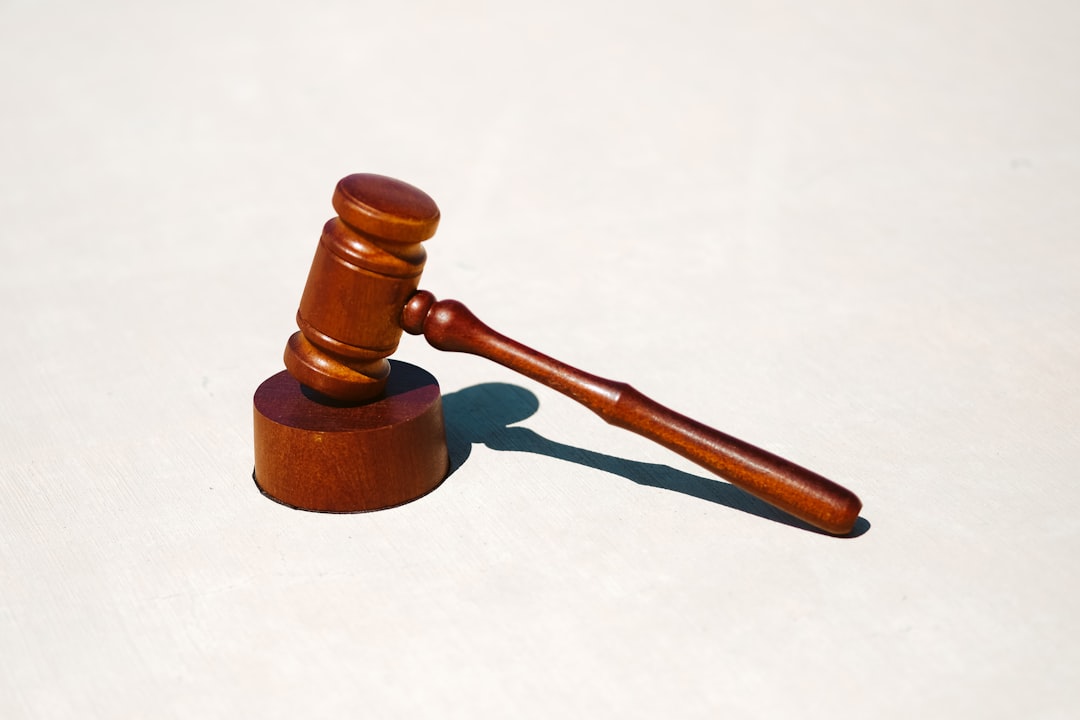Maryland has stringent debt collector laws designed to protect consumers from aggressive or deceptive practices, especially spoofing calls. These regulations mandate accurate identification, avoid misleading tactics, and disclose names, affiliations, and call purposes. They also prohibit false promises and threats of legal action unless the collector intends to follow through. Enforced by the Maryland Attorney General's Office, these laws empower individuals with rights against abusive collection practices, fostering a transparent and consumer-friendly environment.
In Maryland, understanding the state’s debt collection laws is crucial for consumers navigating financial challenges. This article delves into the intricate details of these regulations, with a specific focus on spoofing calls by debt collectors. We explore what constitutes spoofing in this context, examine consumer protections, and outline steps to enforce violations. By familiarizing yourself with Maryland’s debt collector laws, you can protect your rights and ensure fair practices when dealing with collection agencies.
Understanding Maryland's Debt Collection Laws

Maryland has specific laws in place to protect consumers from aggressive or unfair debt collection practices, particularly when dealing with spoofing calls. The state’s debt collection laws aim to ensure transparency and fairness throughout the process. Under Maryland law, debt collectors must identify themselves accurately and not use deceptive tactics to retrieve debts. This includes refraining from using false or misleading information, such as impersonating a government agency or a business they are not affiliated with.
When making collections calls, debt collectors in Maryland are required to provide their name, the name of the company they represent, and the purpose of the call. They cannot make false promises or threaten legal action unless they intend to take those actions. These laws empower consumers by giving them rights against abusive collection practices, ensuring a more regulated and consumer-friendly environment when dealing with debt collectors in Maryland.
What is Spoofing in the Context of Debt Collectors?

Spoofing, in the context of debt collectors, refers to the practice of disguising or falsifying the origin of a call to deceive and mislead recipients. This technique often involves using artificial or manipulated caller ID information to display false numbers, names, or even companies. Debt collectors may spoof calls to evade consumer protections, make their communications more convincing, or target individuals who are not actually in debt. In Maryland, these practices are governed by strict debt collector laws designed to safeguard consumers from aggressive and deceptive collection tactics.
Maryland’s debt collector laws explicitly prohibit the use of any false, misleading, or deceptive means to collect debts. This includes spoofing calls, which can cause significant distress and confusion for the recipients. Consumers in Maryland have the right to know who is contacting them about alleged debts, and any attempt to mask this information is a violation of state regulations. These laws aim to ensure transparency and fairness in debt collection practices while empowering consumers with protections against abusive or misleading behavior.
Legal Protections for Consumers in Maryland

In Maryland, consumers are protected by strict debt collection laws designed to keep practices fair and transparent. These laws, part of the broader debt collector laws in Maryland, are in place to safeguard individuals from aggressive or deceptive tactics often employed by debt collectors. One key protection is the requirement for collectors to identify themselves and the organization they represent when making contact with debtors. This enables consumers to understand who is pursuing the debt and assert their rights accordingly.
Additionally, Maryland law sets limits on the time of day a debt collector can make contact, typically restricting calls to business hours (usually between 8 am and 9 pm). There are also rules governing the frequency of calls, ensuring debtors receive a reasonable break from persistent attempts to collect a debt. These legal protections empower consumers to stand up for their rights while navigating the complexities of managing personal debts.
Enforcing and Reporting Debt Collector Violations

Enforcing debt collector laws in Maryland is a stringent process designed to protect consumers from aggressive or false collection practices. The Maryland Attorney General’s Office actively monitors and investigates complaints against debt collectors, taking legal action when violations are substantiated. Consumers who believe they’ve been targeted by illegal collection tactics can file formal complaints with the office, which may lead to fines and penalties for offending parties.
Reporting these violations is crucial; consumers should document all interactions with debt collectors, including dates, times, and a detailed account of any perceived infractions. This evidence can significantly aid investigations. The state’s laws also mandate that debt collectors provide validation of the debt and cease contact if requested by the consumer, ensuring a fair and transparent process for both parties.






